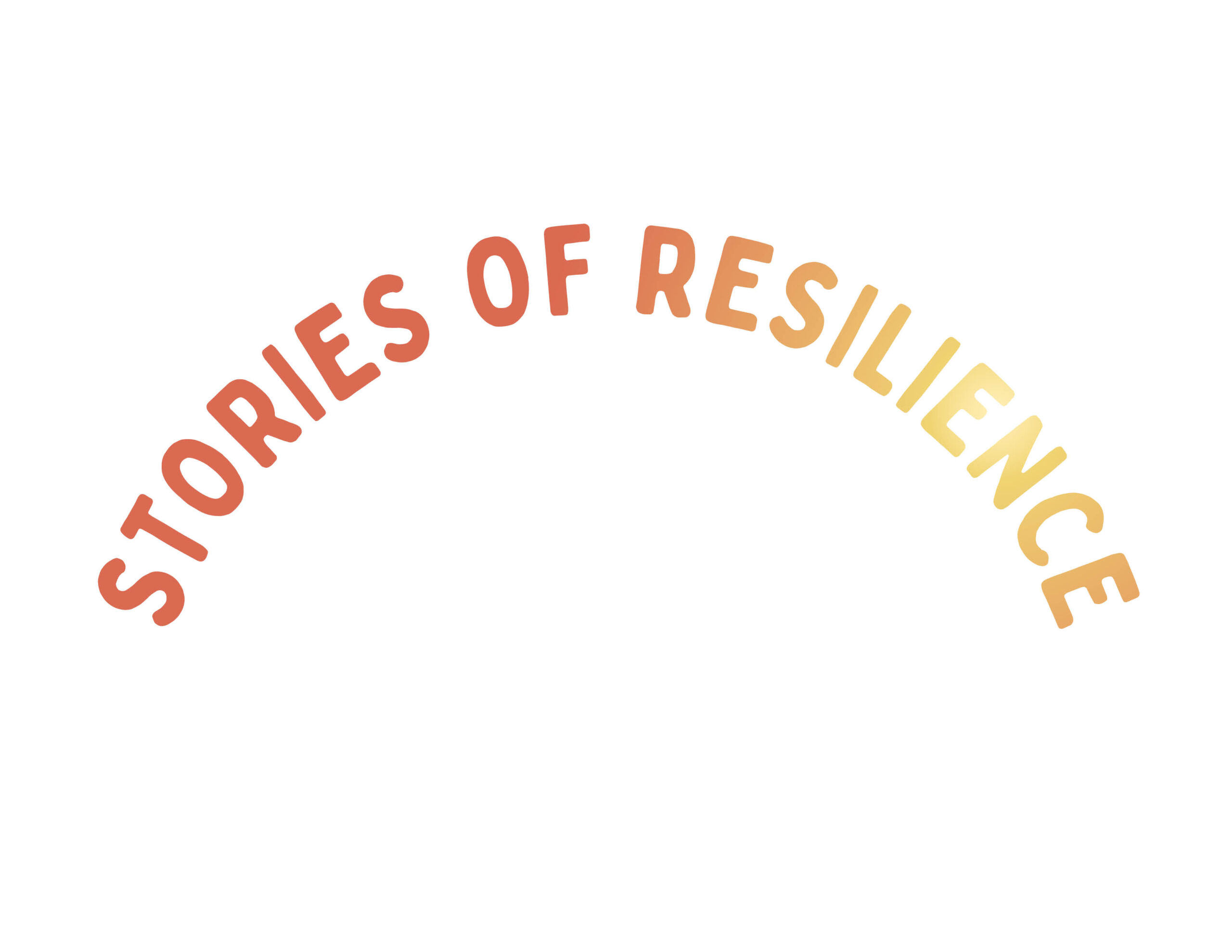
Cody Ingle, Senior Research & Evaluation Specialist at Lost&Found, is one of 60 people from across the country selected for a prestigious honor and exciting educational opportunity as a Bloomberg American Health Fellow.
As a Fellow, Ingle will receive a fully-funded education at the #1 school of public health, the Johns Hopkins Bloomberg School of Public Health, and join a network of changemakers working to make a difference in communities across the country. Ingle will pursue a Doctor of Public Health degree.
 “This is a great opportunity not only for myself but for Lost&Found,” Ingle said. “The collaboration with Johns Hopkins will continue propelling us forward as experts in suicide prevention research and best practices.”
“This is a great opportunity not only for myself but for Lost&Found,” Ingle said. “The collaboration with Johns Hopkins will continue propelling us forward as experts in suicide prevention research and best practices.”
Each fellow represents an organization working on one of the five critical health challenges facing the nation that the Bloomberg American Health Initiative focuses on addressing: Addiction and overdose, adolescent health, environmental challenges, the food system, and violence.
“My specialty area for the Fellowship is violence prevention, and I’m excited to intersect this with my DrPH concentration of Health Equity and Social Justice,” Ingle said. “I place to focus my research on equitable care for Queer people, particularly in areas where access to care is limited and where there are increased risks of suicide, such as rural South Dakota. This is an invaluable opportunity, and I am honored to be a part of it!”
Lost&Found’s staff is thrilled with Ingle’s selection as a fellow. “I am tremendously proud of Cody being accepted to the Bloomberg American Health Fellowship,” said Dr. Gesine Ziebarth, Research & Evaluation Manager at Lost&Found. “It is a well-deserved honor! I am excited to see where this endeavor will take him and Lost&Found along the way, and look forward to supporting him where I can.”
From the announcement:
The Bloomberg American Health Initiative was established in 2016 with a $300 million gift from Bloomberg Philanthropies in honor of the centennial of the Bloomberg School of Public Health. Through education, research, and practice, the Initiative works to improve health and life expectancy in the United States in ways that advance equity, use evidence, and change policy.
“We are thrilled to welcome this new cohort of fellows who will enrich the Initiative and our School community with their experience and insight,” says Bloomberg School Dean Ellen J. MacKenzie, PhD, ScM. “They come to us from frontline organizations across America, and they are ready to be empowered with the tools of public health to make an even greater impact on their communities.”
To date, the Bloomberg American Health Initiative has supported 389 Bloomberg Fellows representing 305 collaborating organizations from 43 states, Washington, D.C., and two territories that include law enforcement agencies, libraries, community-based organizations, and local health departments. The Initiative has also supported more than 300 grants to Bloomberg School faculty, students, and outside organizations.
Read the full announcement here.
About Cody Ingle
Cody Ingle is the Senior Research & Evaluation Specialist at Lost&Found, a Sioux Falls-based nonprofit committed to suicide prevention. His collaborative work with external partners utilizes data to tell the stories of how programs are impacting the communities they serve. In his role, Cody tracks emerging evidence and trends in mental health and suicide prevention to inform best practices at Lost&Found. Cody also serves as the principal investigator on the South Dakota Queer Affirmative Care Initiative, an innovative project designed to improve the overall health and mental health care experiences of queer people in South Dakota and improve how systems interact with queer people in the state. A passion for driving positive change and equitable solutions directs his approach to research and evaluation.
